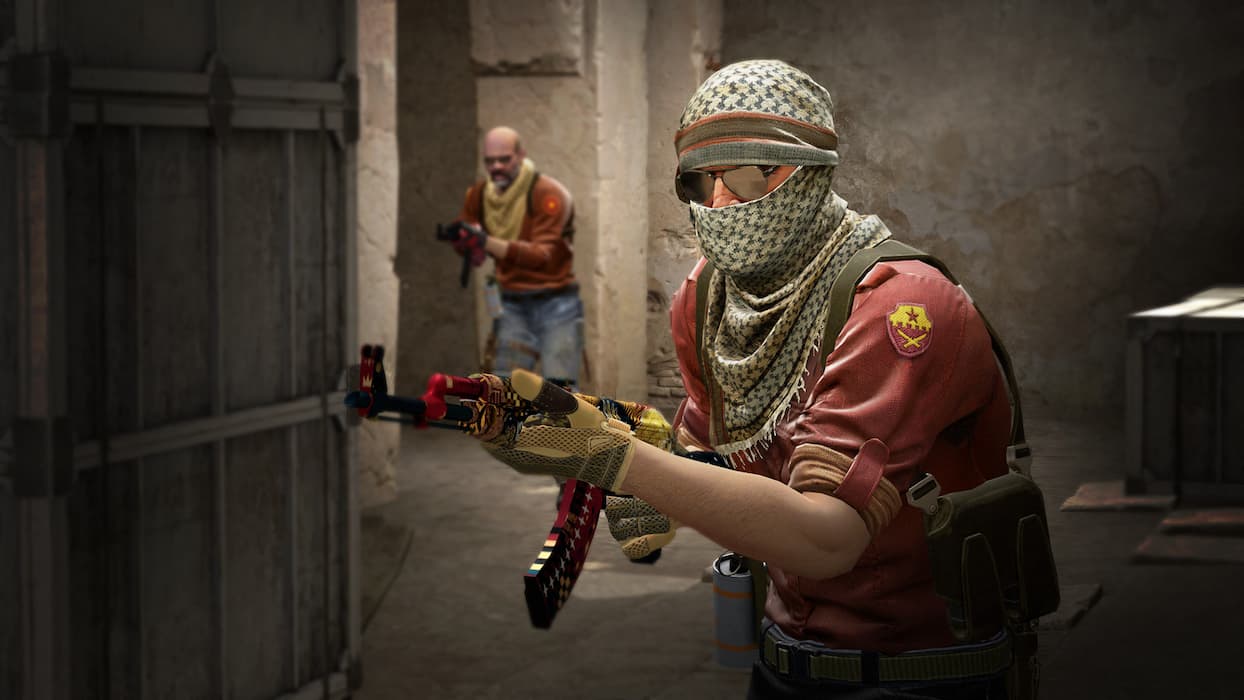Benz Drops Insights
Stay updated with the latest news and trends in the automotive industry.
CS2 Griefing Penalties: More than Just a Digital Timeout
Discover how CS2 griefing penalties go beyond mere bans, affecting gameplay and community dynamics in surprising ways! Click to learn more!
Understanding CS2 Griefing Penalties: A Comprehensive Guide
In the competitive world of CS2, maintaining a fair and enjoyable gaming environment is crucial. Griefing refers to actions that intentionally disrupt or sabotage the gameplay experience for others. Understanding the penalties associated with griefing can help players navigate the game responsibly. Players found guilty of griefing face a range of consequences, including temporary bans, loss of ranks, or even permanent account suspension. This comprehensive guide will delve into the various types of griefing, how they are identified, and the penalties that players can expect if caught.
There are several common forms of griefing in CS2, which can include but are not limited to:
- Team Killing: Deliberately killing teammates instead of opponents.
- Blocking: Obstructing teammates' movements or actions.
- Sabotage: Intentionally losing rounds or causing detrimental gameplay.

Counter-Strike is a highly popular first-person shooter franchise that focuses on team-based gameplay and objective completion. Players can customize their characters with various b1t settings to enhance their gaming experience. With a competitive scene that draws millions of players worldwide, Counter-Strike continues to evolve with new updates and strategies.
The Impact of Griefing on CS2 Gameplay: Why Penalties Matter
In the competitive landscape of CS2 gameplay, griefing has emerged as a significant issue that undermines the overall gaming experience. Griefing, which involves sabotaging teammates' efforts, disrupts the flow of the game and can lead to frustration among players. This behavior not only affects individual performance but also alters the dynamics of team strategy. As players attempt to work together towards victory, griefing creates a toxic environment that can demoralize teams and reduce their chances of success. Understanding the impact of griefing in CS2 is essential for fostering a more enjoyable and balanced gaming experience.
To combat the negative effects of griefing, implementing strict penalties is crucial. Penalties serve as a deterrent for players who might consider engaging in disruptive behavior. Game developers can employ systems such as temporary bans, matchmaking restrictions, or point deductions to discourage griefing. These measures not only promote fair play but also enhance community engagement, as players feel a sense of accountability for their actions. By establishing clear consequences for griefing, CS2 can cultivate a more respectful and collaborative environment, ultimately leading to a more rewarding gaming experience for everyone involved.
Are CS2 Griefing Penalties Effective? Insights and Opinions
As the gaming community continues to evolve, the issue of griefing in titles like CS2 has sparked significant debate. Many players and developers alike question whether CS2 griefing penalties are effective in curbing disruptive behavior. Proponents argue that the current penalty system, which includes measures such as temporary bans and skill rating deductions, serves as a deterrent for potential offenders. However, critics highlight that these penalties often fall short of fully addressing the root causes of griefing, resulting in a cycle of repeat offenders who either evade penalties or find ways to exploit the system.
Opinions on the effectiveness of these penalties vary widely within the community. Some players advocate for more stringent measures, such as permanent bans for repeated offenses, while others believe that the focus should shift to enhancing the reporting and monitoring systems. A well-coordinated approach that includes player education on sportsmanship could further enrich the gameplay experience. Ultimately, the dialogue around CS2 griefing penalties remains a critical discussion point, as the developers strive to foster a fair and enjoyable environment for all players.